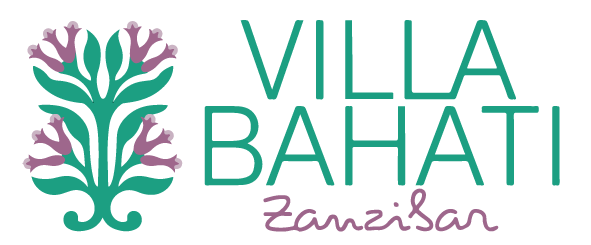- +255 748 235 949
- +43 664 248 0505
The Maasai Culture
Tanzania recognizes over seventy tribes of native people. The Maasai were the dominating tribe at beginning of 20th century. They are one of the very few tribes who have retained most of their traditions, lifestyle and lore.
In common with the wildlife with which they co-exist, the Maasai need a lot of land. The Maasai are semi-nomadic and pastoral: they live by herding cattle and goats.
The Maasai of Tanzania in Zanzibar
Young Maasai warriors are a common sight now on the seashores of Zanzibar where they seasonally migrate during the tourism season to earn an income, selling Maasai handicrafts, beadwork and sandals adorned with beads or made of car tyres.
Traditionally it is expected of the Maasai warriors, young men, to venture out during their warrior status, return to their homeland after passage rituals into manhood and take up the role a respected married adult.
Experience their colourful dress,
traditional jumping dance and bead work
The Maasai beaded jewellery has important and specific cultural significance - the beadwork an individual wears will signify their age and social status. Generally, individuals of high social standing will wear more colourful and intricate jewellery.
Beads also serve as an important source of income for the Maasai, as Maasai beadwork has been in existence for hundreds of years. It became significant and known to the rest of the world in the 19th century after trade with other tribes. The tribe used natural resources around them to create their jewelry - everything from clay, wood and bone to copper and brass. In the late 19th century trade with the Europeans made glass beads available across the trade routes in Africa. The Maasai started using these glass beads to make their necklaces, bracelets, and other jewelry. Today glass is still the main material used by the tribe for their beads.
Travel Tips
Zanzibar is located off the east coast of Africa in the Indian Ocean, just south of the equator. The archipelago consists of the main island Unguja (often called Zanzibar), Pemba and several smaller islands. Unguja is about 1500 km2 in size, while Pemba measures only about 870 km2. About 1,9 million people live on the islands.
Attention, this information is only non-binding tips based on our personal experiences and estimations. Please inform yourself compre- hensively before you do anything.
